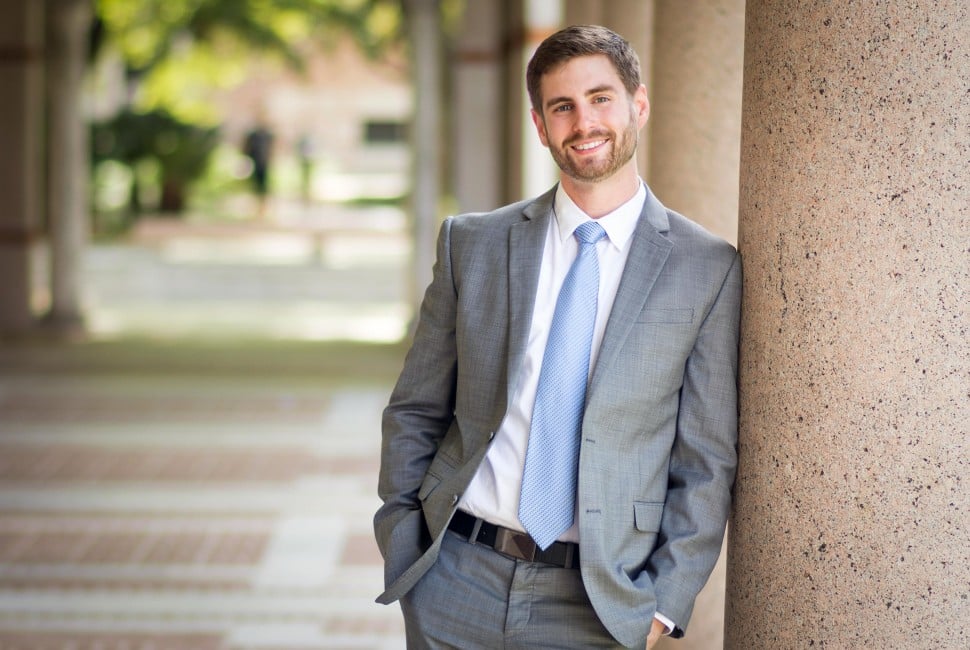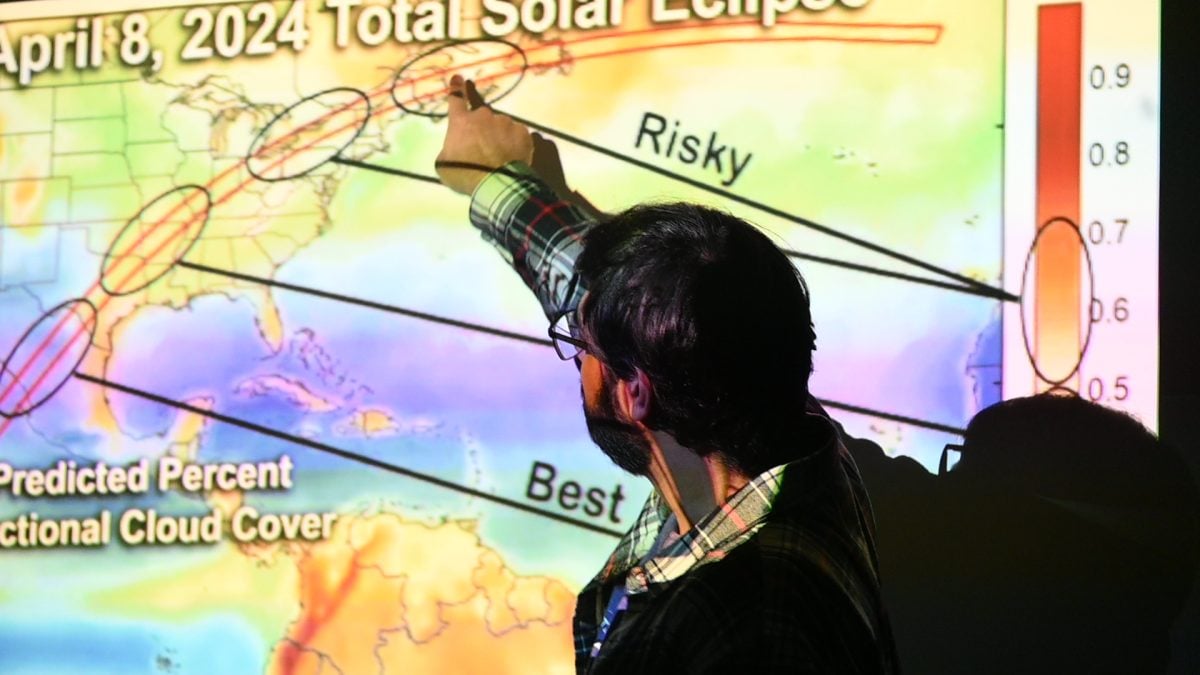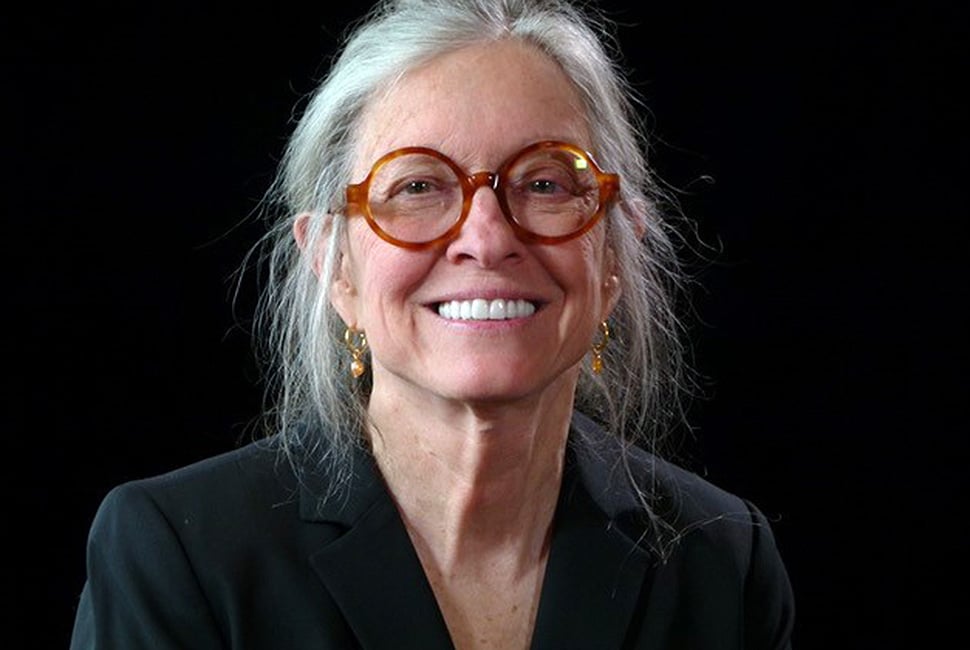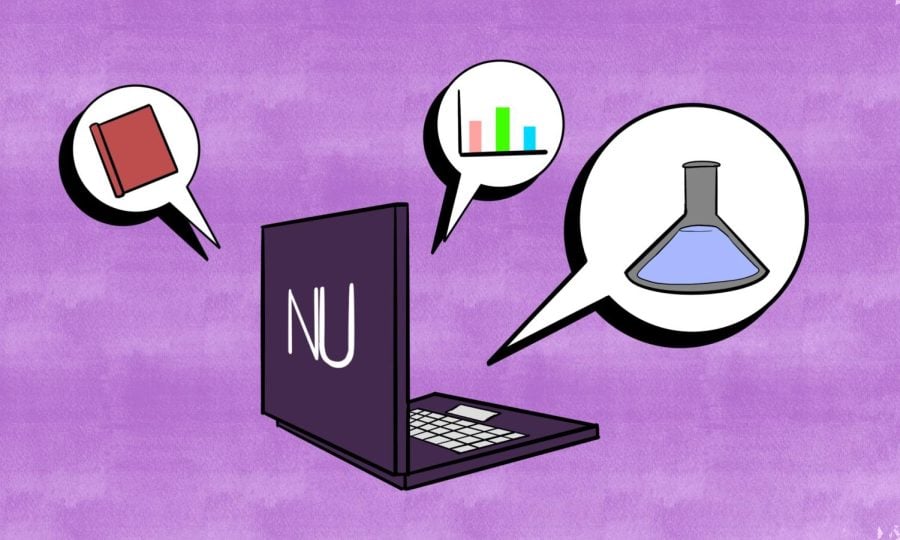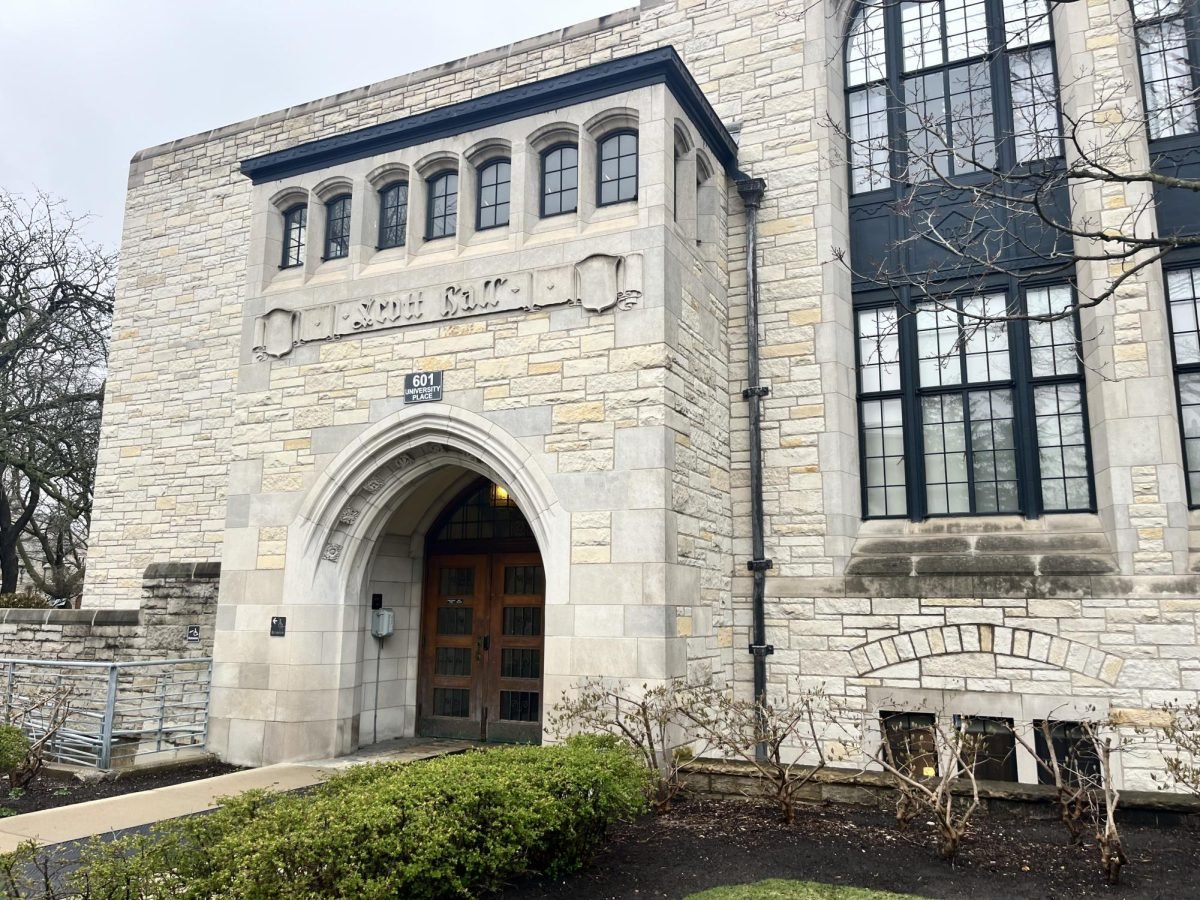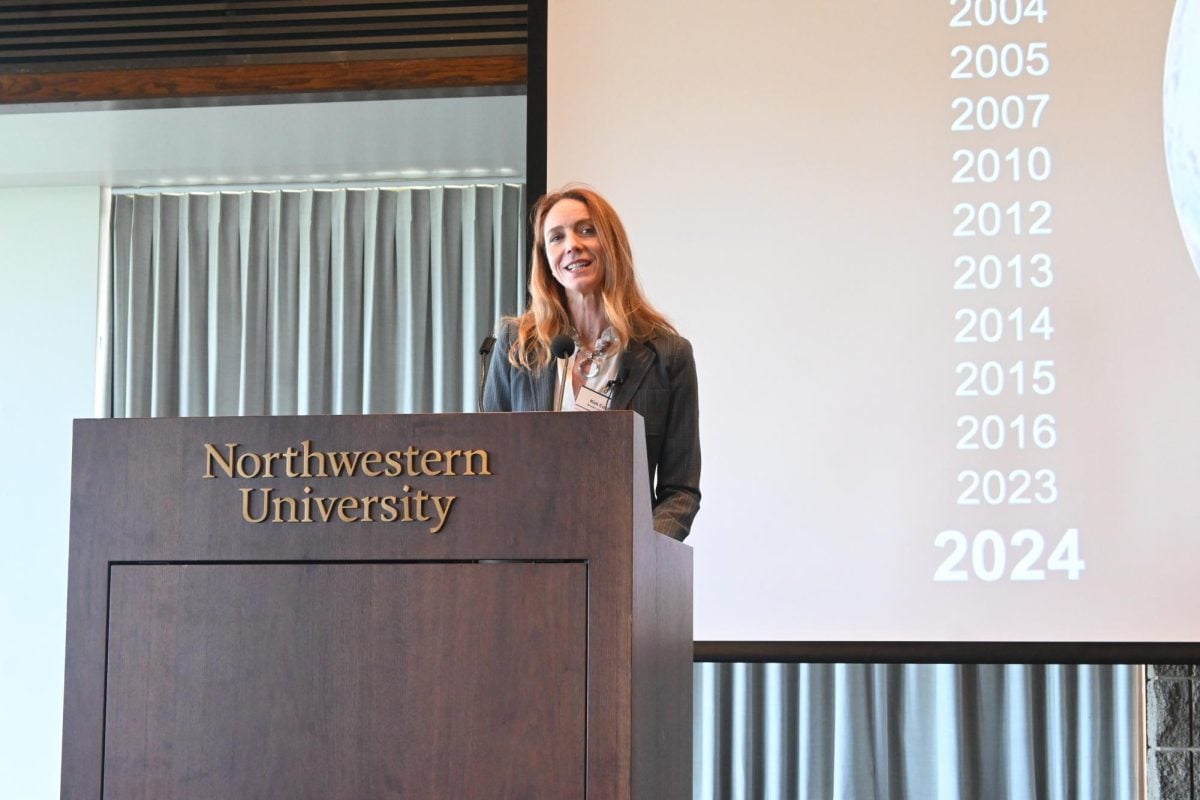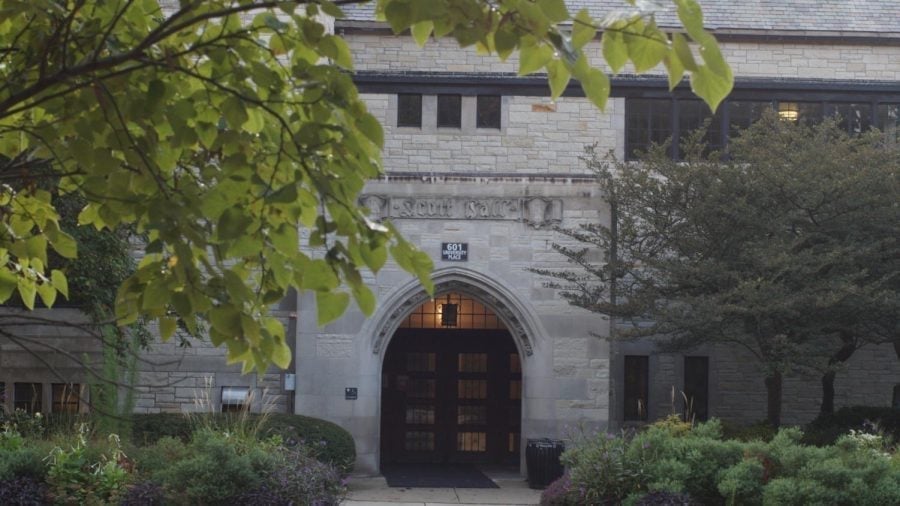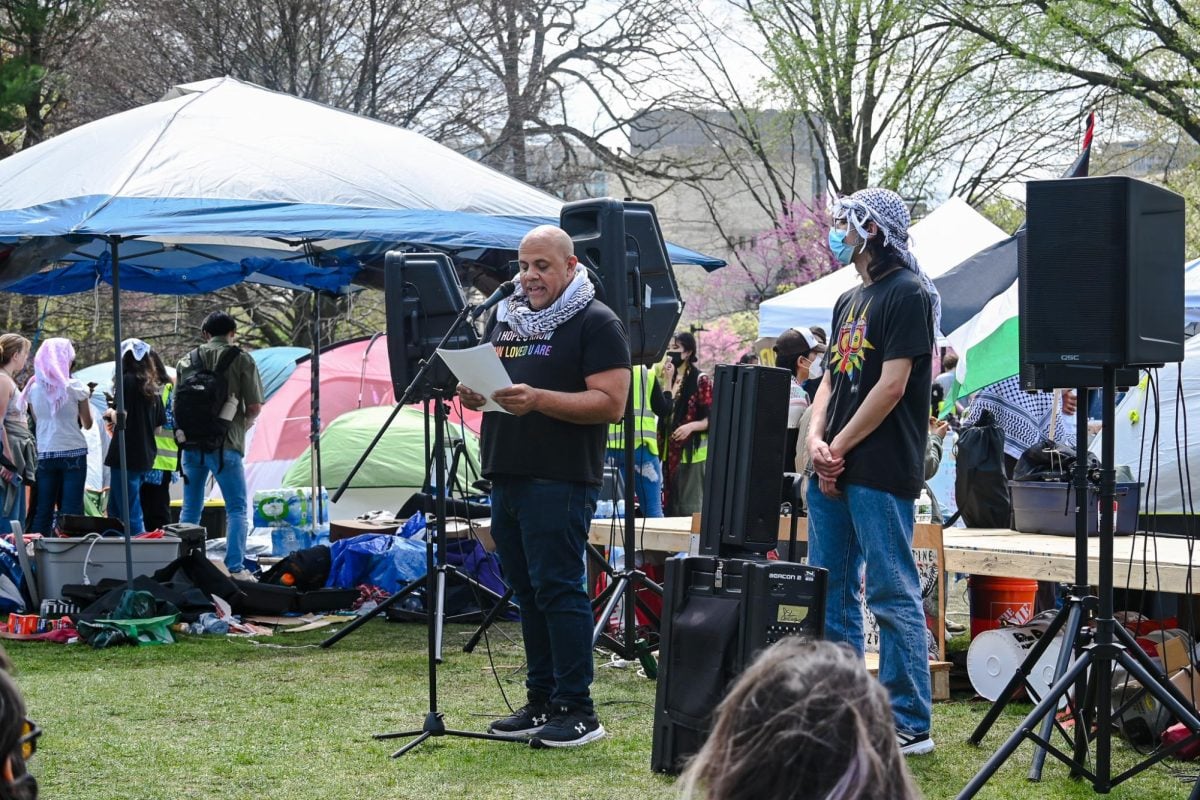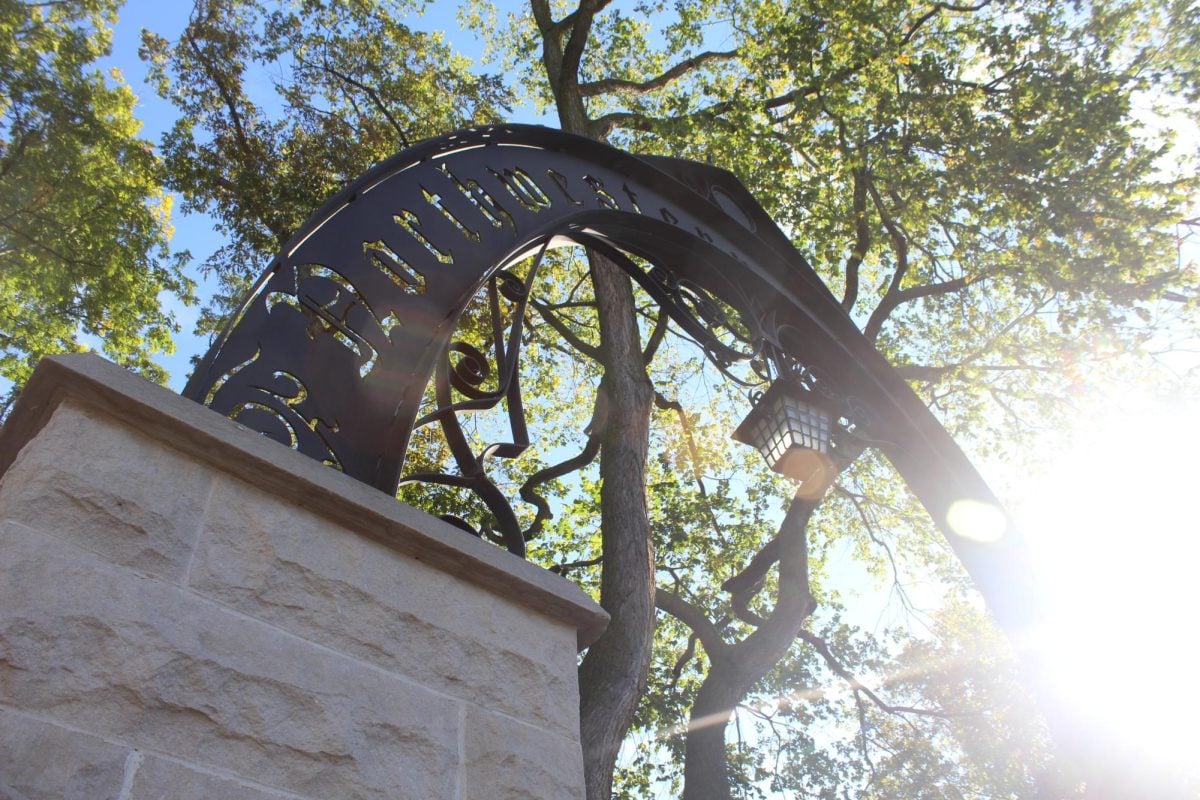Prof. Dayne Swearer received a 2023 Packard Fellowship in Science and Engineering from the David and Lucile Packard Foundation, Northwestern announced in a Monday news release. The fellowship includes an unrestricted grant of $875,000 over five years to conduct science research.
Swearer joined NU in 2022 and is an assistant professor of chemistry in the Weinberg College of Arts and Sciences, an assistant professor of chemical and biological engineering in the McCormick School of Engineering. He was selected alongside 19 other junior professors nationwide as “innovative early-career scientists and engineers” who “(explore) new frontiers in their fields of study,” per the Packard Foundation’s website.
Swearer’s research aims to develop new catalytic technologies — processes that alter chemical reaction rates by adding a substance (the catalyst) which is then left behind. His work in creating a new catalytic technology could help decarbonize and electrify commonly-used chemical reactions in society and industry.
To achieve this goal, Swearer and his team conduct research ranging from the synthesis of new materials and nanostructures to the development of unique observational tools that show the dynamics of chemical processes.
“As a Packard Fellow, I am looking forward to discovering the chemistry of plasma — often called the fourth state of matter — and its potential to impact reactions that are essential to global sustainability,” Swearer said in the release.
Established in 1988, the Packard Fellowship in Science and Engineering is one of the largest nongovernmental fellowship programs in the U.S. and offers recipients significant flexibility in using their funds.
The fellowship was inspired by former U.S. Secretary of Defense David Packard, who made significant efforts to enhance U.S. university-based science and engineering programs. In addition to the grant, Packard Fellows convene annually to engage in interdisciplinary research discussions.
Packard, a co-founder of the Hewlett-Packard Company, acknowledged that much of the company’s success was attributed to research and development conducted in university laboratories.
“From the nanoscale to the scale of the galaxies, the 2023 class of fellows are making ground-breaking discoveries, conducting critical research and leaving a lasting impact on the scientific community and our world,” Jason Burnett, chair of the Packard Foundation’s board, said in the release.
Email: [email protected]
Twitter: @noracollins02
Related Stories:
— McCormick Prof. Vadim Backman develops new lung cancer test
— $45 million granted to NU cancer therapy device project
— Five McCormick faculty members take home Cole-Higgins Awards











